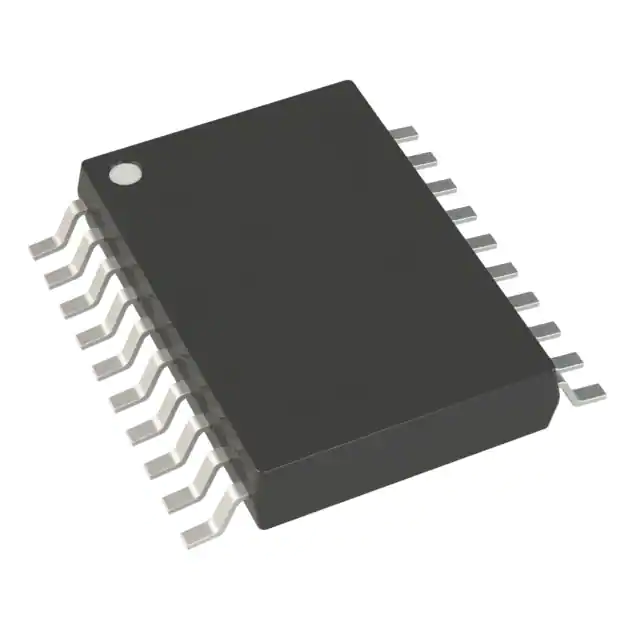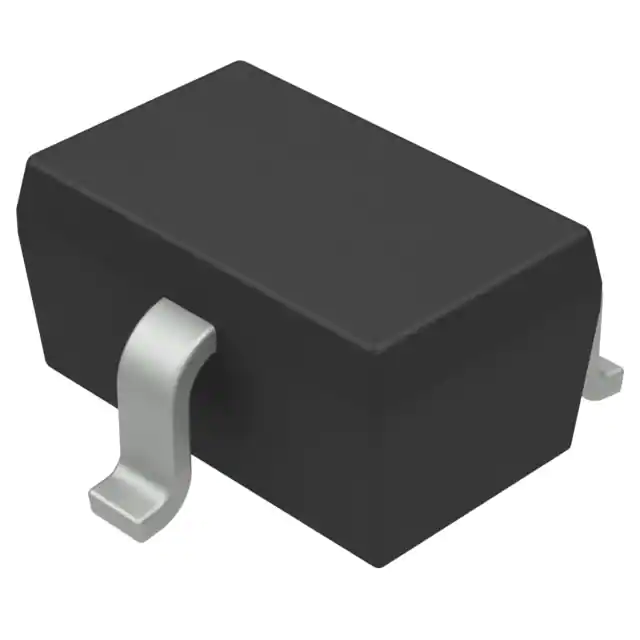Hello! now About Us
Welcome to DCZY!
New customer?Start here.
Transistors: The Cornerstone of Technological Innovation in Electronics
11/12/2024 11:22:13 PM
Transistors, these tiny semiconductor devices, have become indispensable in the field of electronics since their inception due to their versatile functions and wide range of applications. This article will explore the key uses of transistors and analyze how they have driven technological innovation.
Signal Amplification: The Heart of Communication
One of the core functions of transistors is to amplify electronic signals, which is crucial for audio equipment, wireless communication, and sensor technology. Transistors can enhance weak signals, providing the foundation for modern communication technology.
Logical Operations and Digital Circuits: Building Intelligent Systems
Transistors play a role in building logic gates in digital electronics, which are the building blocks of complex digital circuits and microprocessors. The switching characteristic of transistors allows them to perform basic logical operations, enabling data processing and control.
Power Control: Ensuring Device Efficiency
Transistors also play a key role in power management, used to regulate voltage and control current, ensuring that electronic devices run safely and efficiently. In power adapters, battery management, and electric vehicle charging control, the role of transistors is indispensable.
Signal Modulation and Demodulation: The Bridge of Wireless Communication
In the field of wireless communication, transistors are used for signal modulation and demodulation, encoding information onto carrier signals and extracting it. The fast switching characteristic of transistors makes them an ideal choice for these applications.
Oscillators and Clock Signals: The Pacemaker of Devices
Transistors can build oscillators that produce stable periodic signals, which are crucial for clock signals, test equipment, and wireless frequency synthesizers. These oscillators ensure that electronic devices can operate at a predetermined frequency.
Microelectronics and Integrated Circuits: Integrating Complexity
Transistors are at the core of microelectronics, especially in the design and manufacturing of integrated circuits. Millions of transistors are integrated onto a single chip, allowing complex electronic systems to be miniaturized onto tiny chips.
Storage Technology: The Guardian of Data
Transistors play a key role in storage technology, forming the basis of DRAM and flash memory technology, making fast data reading, writing, and long-term storage possible.
Sensor Technology: Environmental Sensing
Transistors function in various sensors, such as temperature, light, and pressure sensors, converting physical quantities into electrical signals for environmental monitoring and control.
Display Technology: The Maestro of Pixels
In display technology, transistors control the switching of pixels, such as in LCD and OLED screens, precisely controlling the brightness and color of each pixel.
Future Technology Outlook: Exploring New Fields
With the development of new materials and manufacturing technologies, the application of transistors continues to expand. In fields such as quantum computing, neuromorphic computing, and bioelectronics, the potential of transistors is being further explored.
Conclusion
The versatility and flexibility of transistors make them an indispensable component in electronics. From simple switches to complex computational tasks, the application of transistors is ubiquitous, and they will continue to play a key role in future technological developments. With the advancement of new materials and manufacturing technologies, the performance and application range of transistors are expected to expand further, bringing more innovative electronic devices and systems. Transistors are not only the foundation of electronics but also the cornerstone of technological innovation.
Signal Amplification: The Heart of Communication
One of the core functions of transistors is to amplify electronic signals, which is crucial for audio equipment, wireless communication, and sensor technology. Transistors can enhance weak signals, providing the foundation for modern communication technology.
Logical Operations and Digital Circuits: Building Intelligent Systems
Transistors play a role in building logic gates in digital electronics, which are the building blocks of complex digital circuits and microprocessors. The switching characteristic of transistors allows them to perform basic logical operations, enabling data processing and control.
Power Control: Ensuring Device Efficiency
Transistors also play a key role in power management, used to regulate voltage and control current, ensuring that electronic devices run safely and efficiently. In power adapters, battery management, and electric vehicle charging control, the role of transistors is indispensable.
Signal Modulation and Demodulation: The Bridge of Wireless Communication
In the field of wireless communication, transistors are used for signal modulation and demodulation, encoding information onto carrier signals and extracting it. The fast switching characteristic of transistors makes them an ideal choice for these applications.
Oscillators and Clock Signals: The Pacemaker of Devices
Transistors can build oscillators that produce stable periodic signals, which are crucial for clock signals, test equipment, and wireless frequency synthesizers. These oscillators ensure that electronic devices can operate at a predetermined frequency.
Microelectronics and Integrated Circuits: Integrating Complexity
Transistors are at the core of microelectronics, especially in the design and manufacturing of integrated circuits. Millions of transistors are integrated onto a single chip, allowing complex electronic systems to be miniaturized onto tiny chips.
Storage Technology: The Guardian of Data
Transistors play a key role in storage technology, forming the basis of DRAM and flash memory technology, making fast data reading, writing, and long-term storage possible.
Sensor Technology: Environmental Sensing
Transistors function in various sensors, such as temperature, light, and pressure sensors, converting physical quantities into electrical signals for environmental monitoring and control.
Display Technology: The Maestro of Pixels
In display technology, transistors control the switching of pixels, such as in LCD and OLED screens, precisely controlling the brightness and color of each pixel.
Future Technology Outlook: Exploring New Fields
With the development of new materials and manufacturing technologies, the application of transistors continues to expand. In fields such as quantum computing, neuromorphic computing, and bioelectronics, the potential of transistors is being further explored.
Conclusion
The versatility and flexibility of transistors make them an indispensable component in electronics. From simple switches to complex computational tasks, the application of transistors is ubiquitous, and they will continue to play a key role in future technological developments. With the advancement of new materials and manufacturing technologies, the performance and application range of transistors are expected to expand further, bringing more innovative electronic devices and systems. Transistors are not only the foundation of electronics but also the cornerstone of technological innovation.
Latest Products
-
AD9834BRUZ
Analog Devices Inc.
-
BAV99W,135
Nexperia USA Inc.
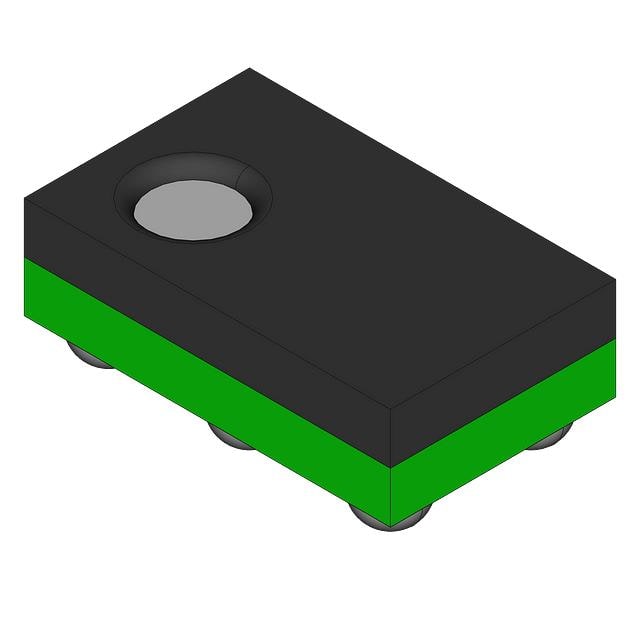
-
IP5002CX8/P135
NXP USA Inc.
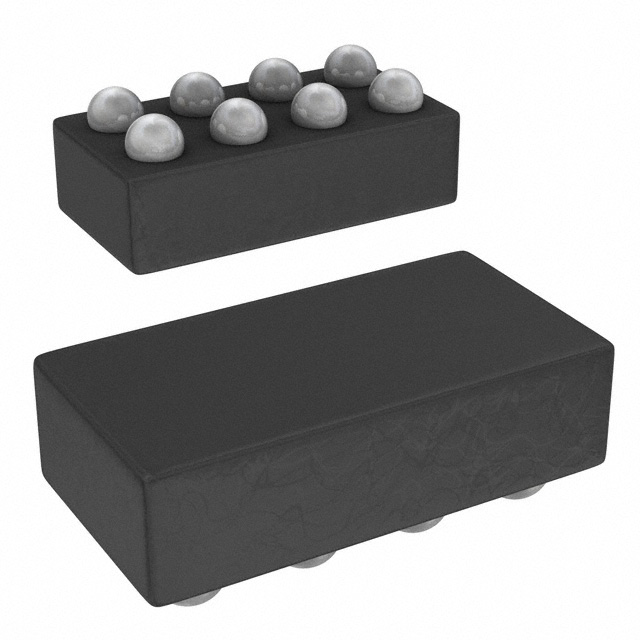
-
ADAU7002ACBZ-RL
Analog Devices Inc.
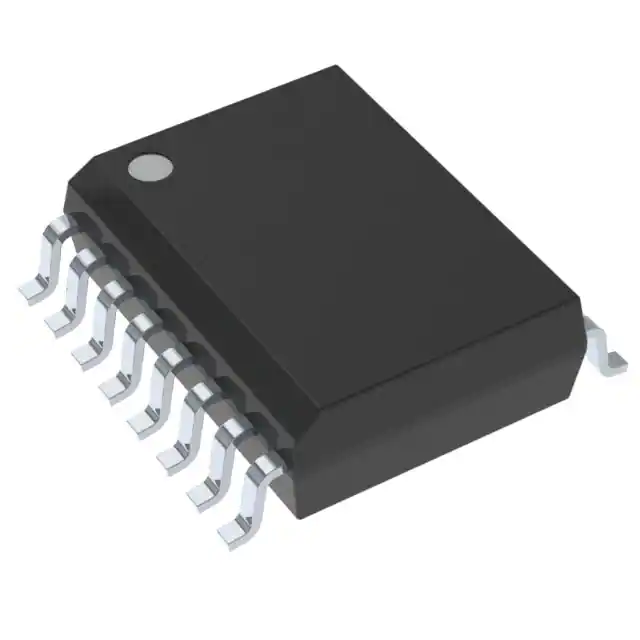
-
PGA2320IDW
Texas Instruments
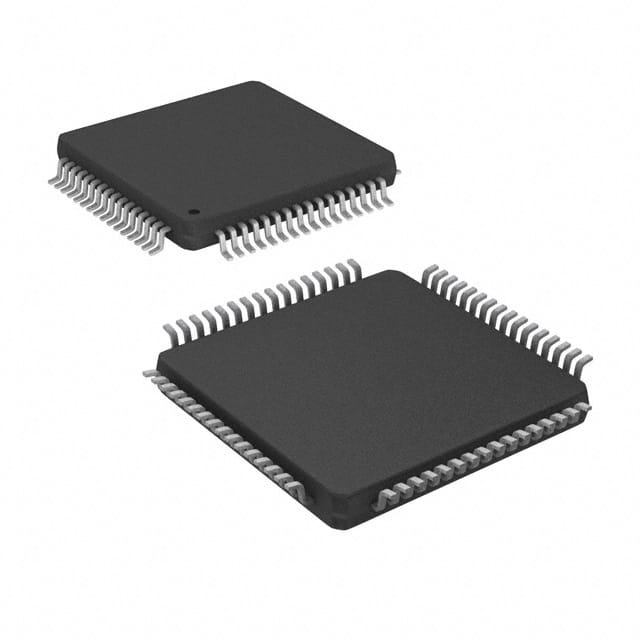
-
SRC4184IPAG
Texas Instruments
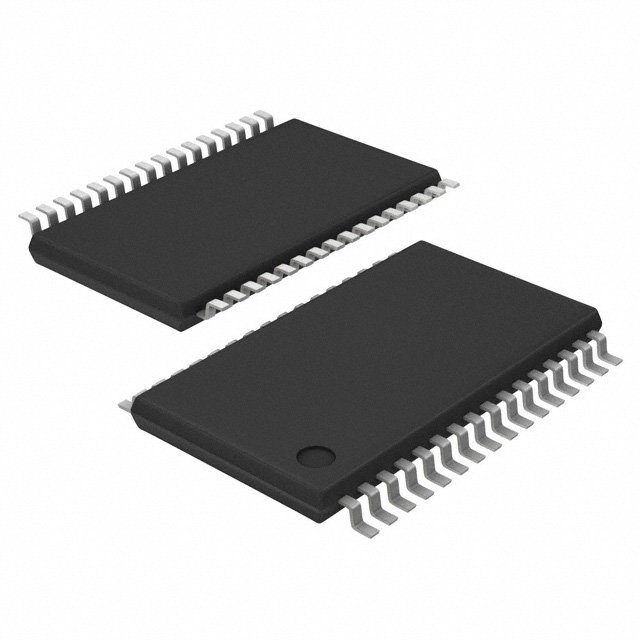
-
MUSES72320V-TE2
Nisshinbo Micro Devices Inc.
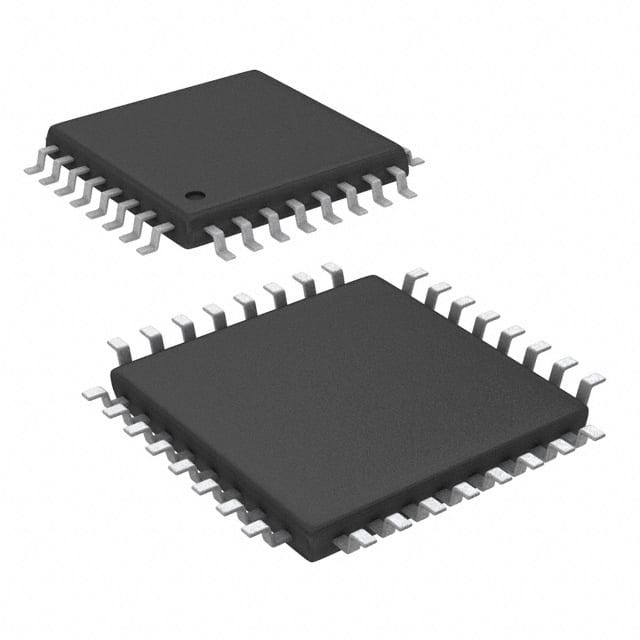
-
PCM2706CPJT
Texas Instruments
 Upload BOM
Upload BOM

